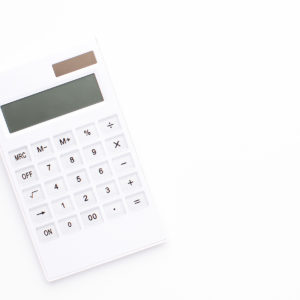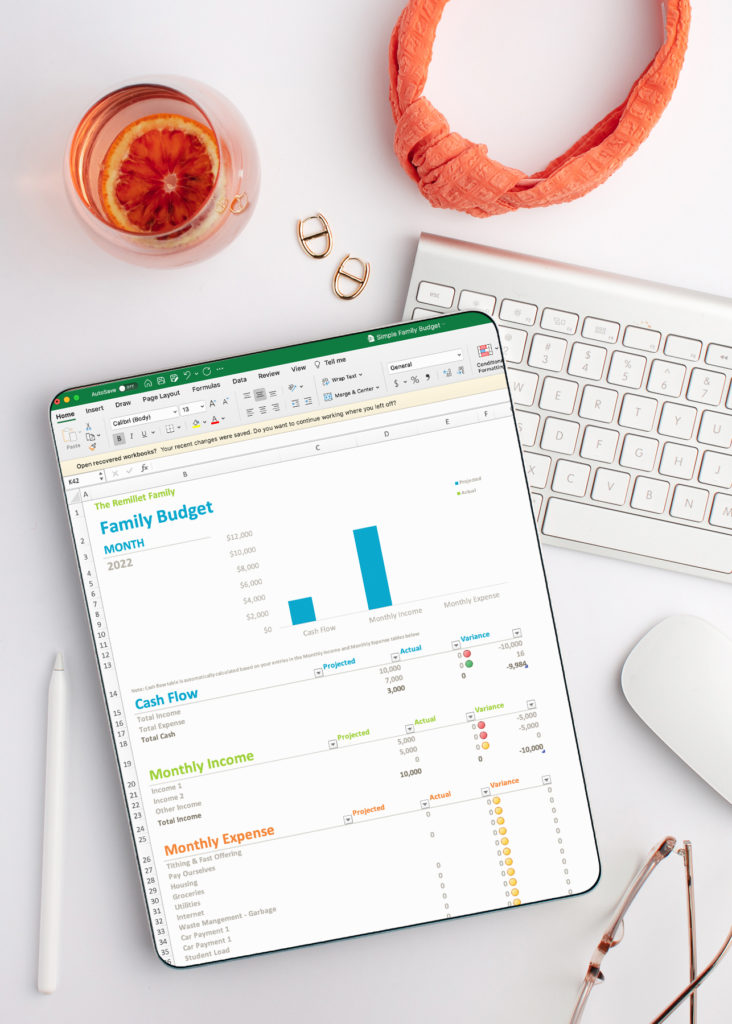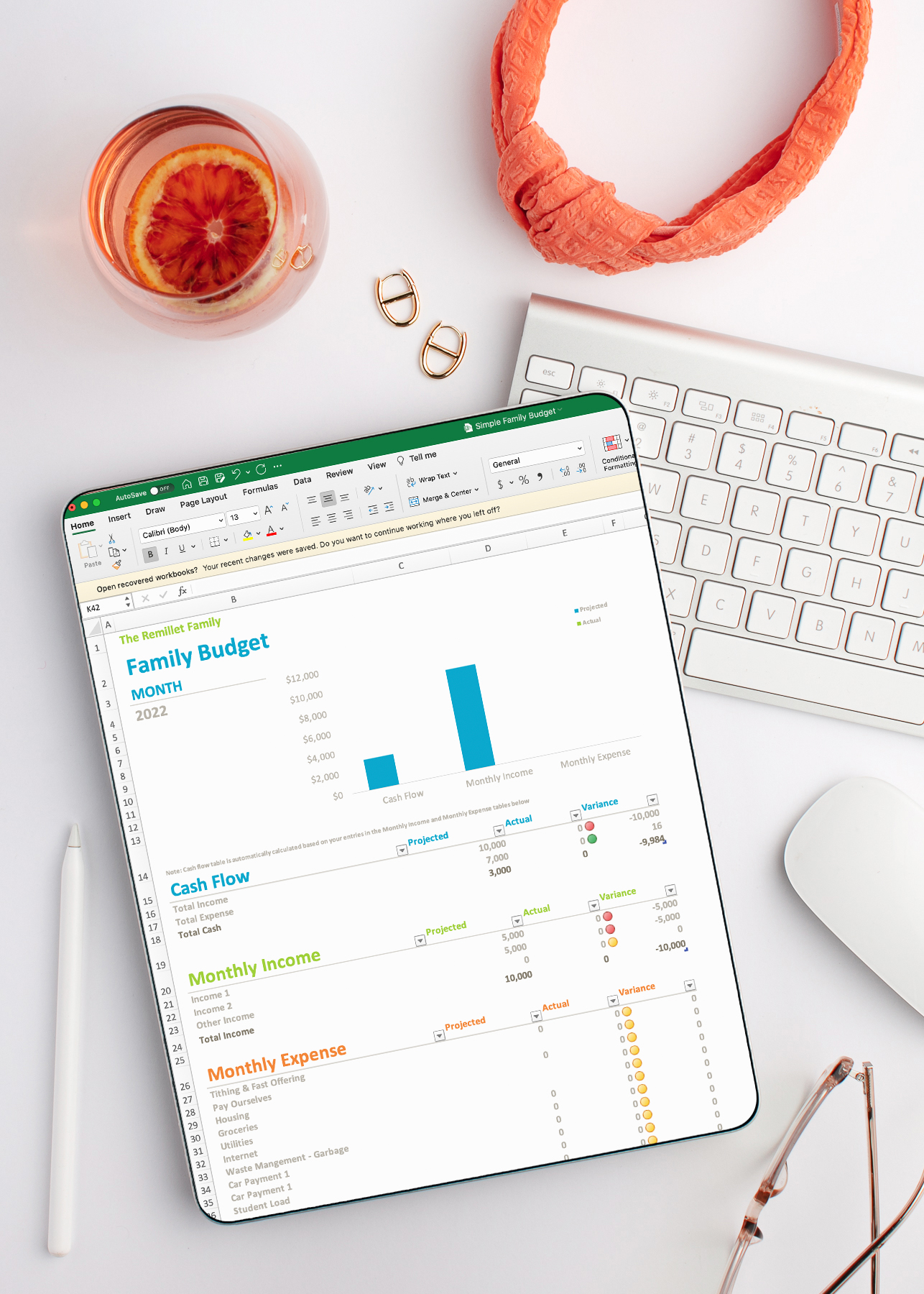 Are you treating your business like… well, a business?
Are you treating your business like… well, a business?
If you’ve been neglecting your financial books (or you don’t even have financial books), you are not alone. Most small business owners (and even more creative small business owners) don’t give their bookkeeping efforts much thought. However, most small businesses fail and even more small creative businesses fail. Is this a coincidence? I don’t think so; it’s a precursor to a much bigger problem… Avoiding The Details.
Keeping records is a crucial part of running a business, and it’s not just so that you can properly pay your taxes either! Keeping records creates the opportunities for you to see trends, dips, growth… Knowledge is power, and that definitely applies to your bank account! With all that knowledge, you don’t have to wonder how your business is doing – you know! You have the tools to plan for your prosperous future.
I understand that keeping records can feel incredibly intimidating. I get that it can be overwhelming, frustrating. Heck, it’s been known to cause hives. I get it. But the thing is, not knowing your numbers, not knowing the truth about where you’re at… Well, that can do the same thing!
Avoiding numbers doesn’t actually get them to go away. Instead, it leaves you defenceless, lacking a clear path for which to follow. Far too many small businesses only realize they’ve begun sinking once it’s already too late, all because they avoided the numbers.
SO HERE IS YOUR QUICK GUIDE TO RECORD KEEPING…
WHAT YOU MUST HAVE IN PLACE:
- A Separate Checking (and Savings) Business Account: If you don’t have a business license, you can just open a second personal account until you do get your license.
- A Business License: I’ve been asked many times to define the right moment in which to apply for a business license. I applied for mine immediately. More than anything else, it was a psychological thing for me. I was going to be successful and I felt it was important to plan as such. Skirting corners by avoiding taxes wasn’t the road to success, and I knew it.
- A Place to Keep Receipts: Write on the top of the receipt to remind yourself what they were for (i.e., lunch with my intern).
- A System to Record Financials: This could be Quickbooks, Excel, or even paper and pencil.
WHAT YOU ABSOLUTELY MUST TRACK:
- Business Receipts: Any receipts that contribute to your business should be categorized and filed.
- Deductible Expenses: This goes along with the first, but it’s important to remember that you will need some deductions for end of the year filings. We realized almost too late that I hadn’t spent nearly enough money and was going to be paying a huge chunk in taxes if I didn’t reinvest more into the business.
- Client Invoices: Every Session should have a coordinating invoice so that you can track sales orders and session fees.
- Credit Card Transactions:
- Bank Deposit Slips: If you don’t “go to the bank,” then keep track through bank statements.
- All Lab/Vendor Invoices: You need to be able to see what your product expenses are in comparison to your sales; plus, you need it for the purpose of writing off taxes at the end of the year.
- Any Costs Contributing to Your Monthly Overhead: Even if you don’t have a studio, you do have costs! Think about reoccurring payments, prop purchases, home office space, etc.
HOW DO I KEEP IT ALL ORGANIZED?
You could ask 10 different people and get 10 different answers as to what’s the best way to keep your records organized. Ultimately, you just need to do something; preferably what feels best for you! You may choose to do it virtually or with good old fashioned paper file folders, or perhaps a combination would be best. If you’re great with Excel – create a few spreadsheets. If you’re not – use a ruler and a pen to make up your own spreadsheet. The most important thing is just to be doing it. So look into what’s available and see what feels best for you! As for software options, Quickbooks is the obvious go-to for tracking expenses and keeping up on accounts receivables, so that might be a great place to start.
A simple monthly expenses tracker is a great way to get a feel of what your costs to operate are. You can download our free tracker HERE plus get access to our entire resource library.
![]()
AT WHAT POINT DO I NEED TO HIRE A BOOKKEEPER?
There are 2 ways to know if it’s time to hire someone!
The First: If you can’t trust yourself to actually follow through and keep your own records organized and current (It’s okay to admit this; you are far from alone!), then this is the point when you should hire someone else to help! We all have our strong suits, if this isn’t one of yours, find whose it is and give the task to them!
The Second: If you have been keeping records (You should give yourself a big pat on the back!), and you get to the point where you’re either clearing 6 figures and need help with tax stuff, or you’re simply ready to move some things off your plate and onto someone else’s, then bookkeeping is an easy and affordable task to delegate.
Quick Tip: If you’re ready for this next step, set up an appointment with three local bookkeepers/accountants. (The first consultation should be free.) Look for someone who not only understands your business type, but is a fun fit for your personality.
If you want a simple budget tracker, we have a free Simple Excel Budget for personal home expenses, but you can change it to business.

You can download our free Budget Tracker HERE plus get access to our entire resource library.
HOW LONG DO I NEED TO KEEP MY RECORDS?
You should keep records for at least 3 years. Find a good way to file them; box them up and stick them in the garage.
Keeping organized and clear records not only offers peace of mind, but also helps you make better decisions for your business. Plus you will just feel more legit! The most important thing to do, if you’re not already, is just to start! Don’t wait for the perfect method to show up, a huge chunk of time to knock on your door so that you can go through old documents, or to be hit by a meteor and become a mathematical genius. Just start with today.
You can do this! Go you!

Thanks Leah! This was one of the hardest things for me to get through my head! I have always been all about doing it myself. Last year I finally hired a bookkeeper. I am so very happy with my decision! She has not only organized me but also provided me with a ton of guidance about how to set by business up the right way (who knew gift certificates sold had to be catagorized differently until redeemed and are a liability…)
You’re so welcome Alison! It’s such a crucial part of the equation and there are definitely things where you totally have that “who knew” moment until a bookkeeper or accountant tells you so! I know I did! Apparently they knew! 😉
This is awesome Leah! I’m terrible with anything to do with numbers so book keeping is always a struggle for me. I’m looking forward to the day when I am earning enough to pass the responsibility to someone else!
PS Tax records have to be kept for 7 years in Australia – I’m jealous that you only have to keep yours for 3, they take up so much space!
I’m so glad it helped Justine! And -ooof!- Seven years… That’s a lot of garage space!
Nice content and informative that every business owner should follow through.